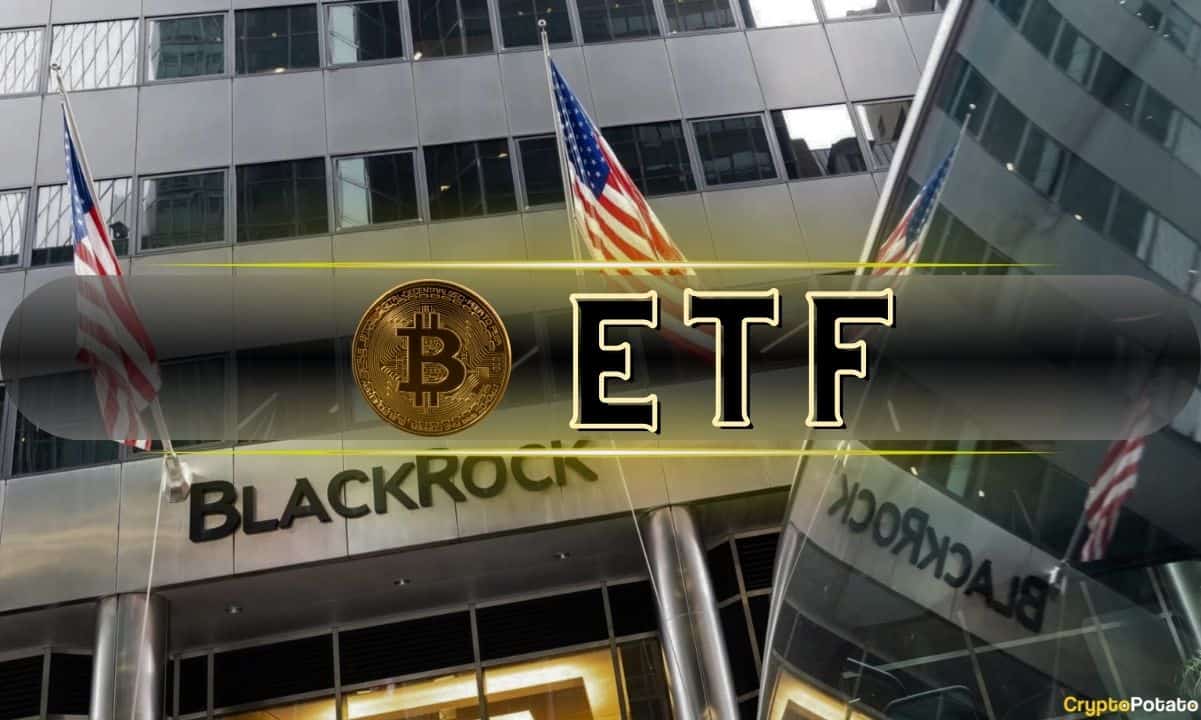TLDR
- USDT celebrates its 10th anniversary with a documentary release
- USDT dominates Brazil’s crypto market with 90% of daily transactions
- Tether’s USDT is the top stablecoin with a $120 billion market cap
- USDT usage is high in inflation-affected countries like Turkey, Brazil, and Argentina
- Tether aims to empower individuals and communities through financial technology
Tether, the company behind the world’s largest stablecoin USDT, is celebrating its 10th anniversary with the release of a documentary titled “Stability and Freedom in Chaos.”
The film highlights USDT’s role in combating inflation and its growing adoption in various countries.
USDT, launched on October 6, 2014, has become a major player in the cryptocurrency market. With a market capitalization of $120 billion, it ranks as the third-largest crypto asset, following Bitcoin and Ethereum.
The stablecoin has expanded its presence across multiple blockchains, including Ethereum and Tron, since its initial launch on the OmniLayer platform of the Bitcoin protocol.
In Brazil, USDT has become a dominant force in the crypto market. According to recent data, it accounts for 90% of daily crypto transactions in the country.
This high usage rate demonstrates the stablecoin’s popularity and utility in the Brazilian financial landscape.
The documentary’s trailer features interviews with users from countries facing high inflation rates, such as Turkey, Brazil, and Argentina.
🎬Today marks 10 years of USD₮ !
To celebrate, we’re launching our documentary ‘Stability and Freedom in Chaos’ soon.
Dive into the journey of how $USDT has become a lifeline for millions, fighting inflation and fueling financial freedom worldwide. 🌎🤝 pic.twitter.com/oviKmIgpgx
— Tether (@Tether_to) October 6, 2024
These nations have seen a surge in stablecoin adoption as citizens seek ways to protect their wealth from currency devaluation.
In Turkey, USDT has gained significant traction due to the country’s ongoing inflationary pressures. A report from Kaiko revealed that the USDT-TRY (Turkish Lira) trading pair was the most popular on Binance in 2024, with over $22 billion traded.
This trend indicates that many Turkish citizens are turning to USDT as a hedge against local currency instability.
Argentina has also experienced a growing demand for USDT. The country’s persistent currency devaluation and high inflation rates have led many Argentinians to convert their salaries directly into USDT or similar stablecoins.
This practice has become a common strategy for preserving purchasing power in the face of economic uncertainty.
Tether CEO Paolo Ardoino emphasized the company’s mission to empower individuals and communities through financial technology.
Today is the 10th anniversary of $USDT and @Tether_to ✨
Tether has built its company on a simple mission: bring financial inclusion to the billions of people, primarily living in developing countries, that can't have bank accounts (because they're not generating enough revenues… https://t.co/PdL6gGWDRv
— Paolo Ardoino 🤖🍐 (@paoloardoino) October 6, 2024
“Our focus has always been (and will always be) the last mile. Rich people have already tens of ways to transact and store wealth. We build financial tech for the people left behind,” Ardoino stated.
As Tether enters its second decade, the company aims to expand its impact beyond just financial tools. Ardoino mentioned plans to explore areas such as telecommunications, artificial intelligence, education, and energy.
The goal is to create “unstoppable” solutions that can empower people, communities, cities, and entire countries.
The success of USDT in countries with economic challenges highlights the potential of stablecoins to provide financial stability in volatile markets.
As traditional currencies face inflationary pressures, many individuals are turning to crypto assets like USDT as a store of value and a means of conducting daily transactions.
Despite its growth and popularity, Tether and USDT have faced scrutiny and controversies over the years. Questions about the backing of USDT and the company’s reserve management have been raised by regulators and market observers.
However, Tether has maintained that its stablecoin is fully backed by reserves and has made efforts to increase transparency through regular attestations.

 3 weeks ago
8
3 weeks ago
8




:quality(85):upscale()/2024/10/29/625/n/1922564/ec222ac66720ea653c5af3.84880814_.jpg)
:quality(85):upscale()/2024/10/25/846/n/49351082/bfc0fdb3671bef086c3703.42134063_.jpg)
:quality(85):upscale()/2021/07/06/971/n/1922153/7d765d9b60e4d6de38e888.19462749_.png)
:quality(85):upscale()/2024/10/29/957/n/1922441/c62aba6367215ab0493352.74567072_.jpg)
:quality(85):upscale()/2024/10/29/987/n/49351082/3e0e51c1672164bfe300c1.01385001_.jpg)
 English (US) ·
English (US) ·